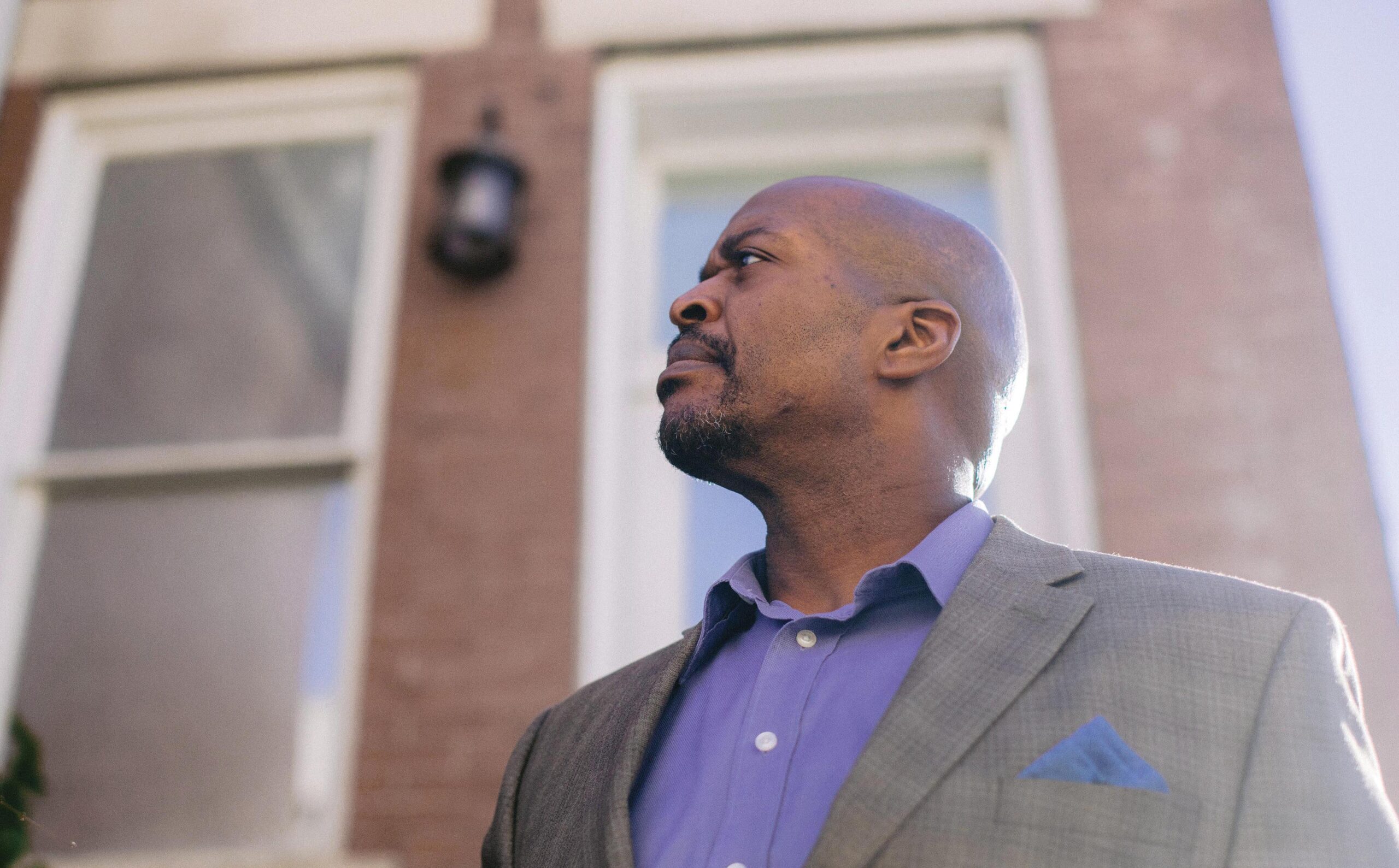“I expect to see a mass exodus from the pastorate over the next 2-3 years.” These words were spoken calmly, by a seasoned pastor, but it did not make them any less startling. And yet it’s not difficult for any pastor to understand why this prediction might come true. For many pastors the way we spend our days and weeks now would have been unimaginable six months ago. We have been forced to reinvent our ministries to account for social distancing and digital platforms.
We have been thrust into challenging conversations about race and justice, many of which happen virtually, lacking the feel of a personal conversation or the chance to read the response of congregants.
Many of the most life-giving parts of our calling are now the most challenging. And, not surprisingly, we are growing weary. But the truth is that a pandemic is not the primary reason we are worn out. Many of us were tired before the coronavirus arrived. We were already working too much, pushing through the church calendar, looking forward to some kind of break (a summer vacation or maybe even a sabbatical!), that was doubtful to provide as much rest as we truly need. The pandemic has only added another complicating variable to our tendency to work too much and rest too little.
Too much work
In his 2019 piece on Workism Derek Thompson of The Atlantic makes the case that for many well-educated Americans work has become so central to their identity that it has religious dynamic, providing meaning and community.
Many “have chosen the office for the same reason that devout Christians attend church on Sundays: It’s where they feel most themselves.” Is this not especially complicated for us as pastors, for whom the office and church on Sundays are one in the same? While we as pastors aspire to model Christian faith to our congregants and communities, one wonders if it is possible that we sometimes model a kind of Christian workism instead, a grind of constant busyness that unintentionally reinforces the very same tendencies in our congregants who look to their own vocations for meaning more than their Christian faith.
But what if this season of unexpected disruption provides us with an unforeseen opportunity to reset our habits of work and rest? While many of us feel like we are still just trying to survive, Lord willing there will come a day when we preach to full sanctuaries, visit hospitals, and travel to conferences again. The question is whether we will have anything left in the tank when that day arrives. What if we saw the coming months as God’s providential provision to help us establish more sustainable practices that could carry us through the years ahead and steer us clear of burnout?
A recurring refrain: rest more
In a recent webinar, Neal Salzman of The Rest Initiative encouraged pastors to enter this season with an intentional curiosity in self-reflection. To “look under the hood” with lots of “why?” questions about how we do our jobs. As we recognize ways in which we overwork out of a desire to find identity in our callings, we have a unique opportunity to establish new patterns in a season where we are reimagining many other aspects of our lives and ministries.
Personally, as I have pondered these questions in the last several weeks, it’s been more about small adjustments than wholesale changes. I am one of many pastors working from home more than I have in the past, in a house where my kids are also home more than they were a few months ago.
While this arrangement has had its challenges, it has also provided opportunities to leverage my flexibility and get little pockets of time with them throughout the day. I’ve found that these brief respites of play often energize me to get back to my work tasks with more focus than if I were just slogging away at my desk for hours on end. I used to do lots of early morning meetings with men in our church before they would head into the office. Those are less popular now that so many people are working from home. But even when they (potentially) go back to the office I don’t think I’m going back to so many morning meetings — I can tell the difference in the sleep I’m getting now as compared to before! I have also grown more disciplined about protecting evenings, asking congregants who have more work flexibility now if they can possibly squeeze a call into daytime working hours.
Sundays were different in our household when our church was only gathering online on Sunday mornings. Now that we are gathering in person again it has given me a chance to consider how I can be more present with my family before and even during worship than I was before.
Perhaps in these small changes, and others to come, we as pastors can not only pursue greater personal wholeness but also model a truly and distinctively Christian understanding of work and rest, recognizably different from the workism that we are surrounded by and so often fall prey to ourselves.





